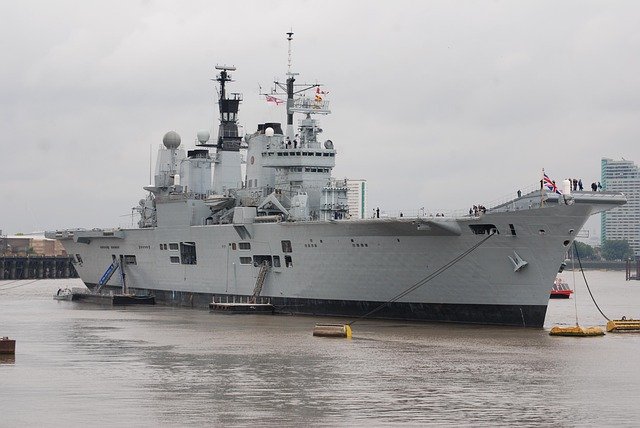The Intricacies of Admiralty Law in a Changing Maritime World
Introduction: In the vast expanse of international waters, a complex legal framework governs the seas. Admiralty law, a specialized field that regulates maritime commerce and navigation, faces unprecedented challenges in our rapidly evolving global landscape. This article delves into the nuances of admiralty law, exploring its rich history, current applications, and the emerging issues shaping its future.

Jurisdiction and Scope
One of the unique aspects of admiralty law is its jurisdiction. Unlike most legal fields confined to national boundaries, admiralty law operates in international waters and can involve multiple countries. This transnational nature presents challenges in enforcement and interpretation. Courts must navigate a web of treaties, customs, and national laws to resolve disputes. The scope of admiralty law extends beyond shipping to include offshore oil and gas exploration, marine insurance, and environmental protection.
Key Principles and Doctrines
Admiralty law is built on several fundamental principles. The doctrine of general average, for instance, dictates that all parties in a sea venture proportionally share any losses resulting from a voluntary sacrifice of part of the ship or cargo to save the whole. Another crucial concept is maritime liens, which allow creditors to claim against a vessel itself, regardless of ownership changes. These principles, among others, form the backbone of maritime legal practice and significantly influence international trade dynamics.
Modern Challenges and Adaptations
The 21st century has brought new challenges to admiralty law. Piracy, once thought to be a relic of the past, has resurged in areas like the Gulf of Aden, necessitating legal responses. Climate change is altering shipping routes, particularly in the Arctic, raising questions about jurisdiction and environmental responsibilities. The rise of autonomous vessels is pushing the boundaries of existing regulations, demanding new frameworks for liability and safety standards.
Environmental Concerns and Admiralty Law
Environmental protection has become a critical focus of modern admiralty law. The International Maritime Organization (IMO) has implemented stringent regulations to reduce marine pollution, including the MARPOL convention. These regulations address issues like ballast water management, air emissions from ships, and oil spill prevention. Admiralty courts increasingly grapple with cases involving environmental damage, balancing the interests of commerce with ecological preservation.
The Future of Admiralty Law
As technology and global trade patterns evolve, admiralty law must adapt. The potential for sea-level rise due to climate change could dramatically alter coastlines and maritime boundaries, challenging established legal norms. The growth of the blue economy, encompassing sustainable use of ocean resources, will likely expand the scope of admiralty law. Additionally, the increasing militarization of maritime spaces may necessitate new legal frameworks to prevent conflicts and protect freedom of navigation.
In conclusion, admiralty law stands at the intersection of centuries-old traditions and cutting-edge global challenges. Its ability to evolve while maintaining core principles will be crucial in navigating the complex waters of international maritime relations. As the seas continue to play a vital role in global commerce and geopolitics, the importance of a robust, adaptable admiralty law system cannot be overstated. Legal practitioners, policymakers, and maritime stakeholders must collaborate to ensure this ancient field of law remains relevant and effective in our rapidly changing world.





